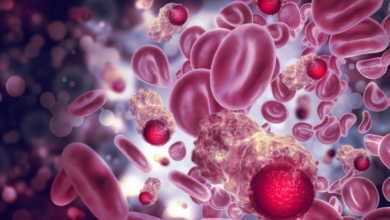Cystic Fibrosis Screening

What is Cystic Fibrosis Screening?
Cystic Fibrosis (CF) screening is a genetic test used to identify carriers of the CF gene. Carriers do not have CF, but they can pass the gene on to their children. If both parents are carriers, their child has a 25% chance of inheriting CF.
Why Cystic Fibrosis Screening is required?
CF screening is recommended for:
- Couples planning to have children
- Individuals with a family history of CF
- People considering adoption
which are the method of Cystic Fibrosis Screening?
There are two primary methods of CF screening:
- Carrier testing: This involves testing individuals to determine if they carry one or two copies of the CF gene.
- Prenatal testing: This can be done through amniocentesis or chorionic villus sampling to determine if a fetus carries the CF gene.
who should go for Cystic Fibrosis Screening?
As mentioned above, individuals planning to have children, those with a family history of CF, and people considering adoption should consider CF screening.
What are the results of Cystic Fibrosis Screening?
· Carrier: If an individual carries one copy of the CF gene, they are a carrier.
· Non-carrier: If an individual does not carry any copies of the CF gene, they are a non-carrier.
What are the components of Cystic Fibrosis Screening?
CF screening typically involves testing for specific mutations in the CFTR gene, which is responsible for CF. The number of mutations tested can vary depending on the screening method and the geographic location.





